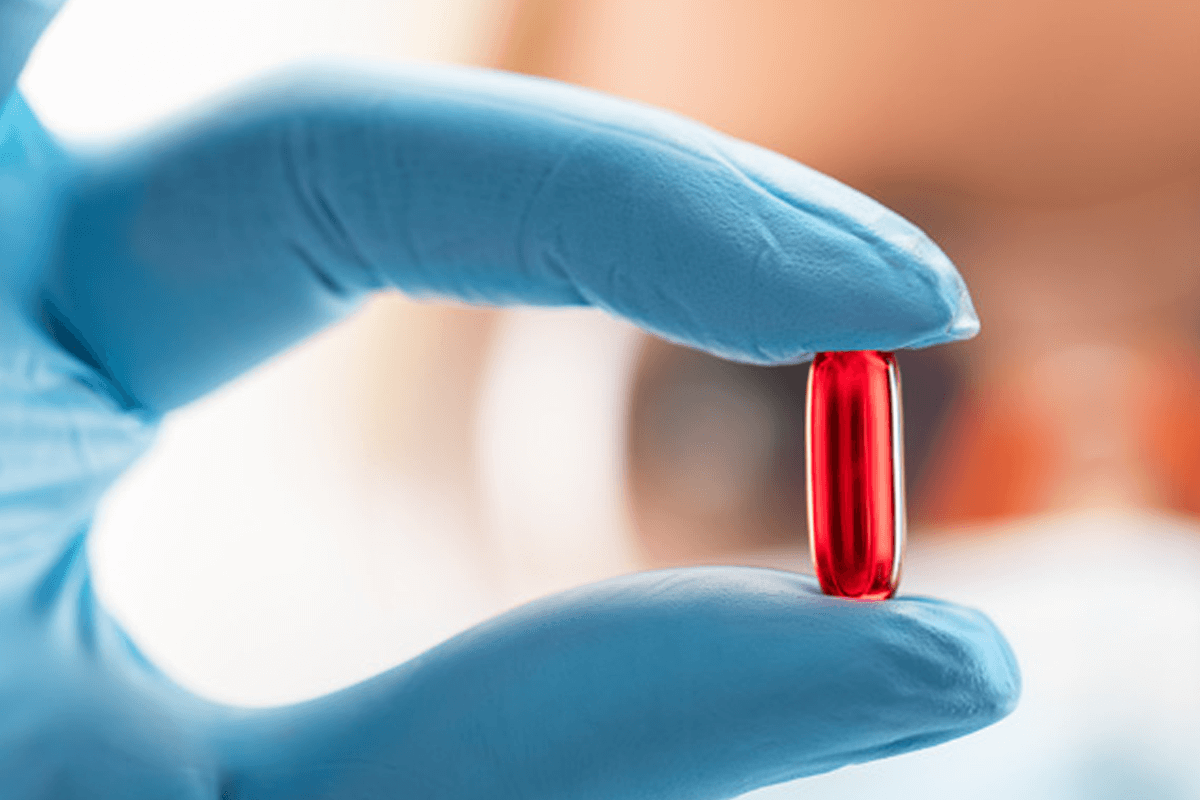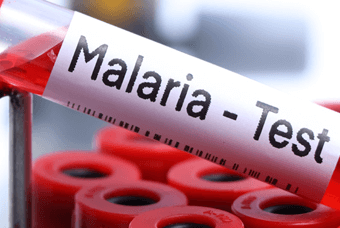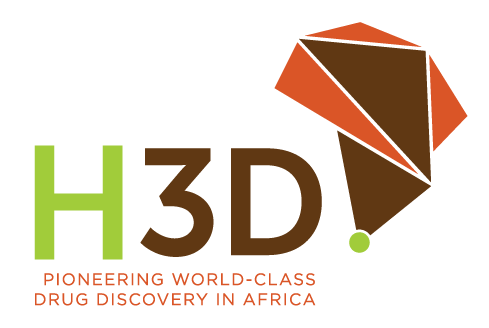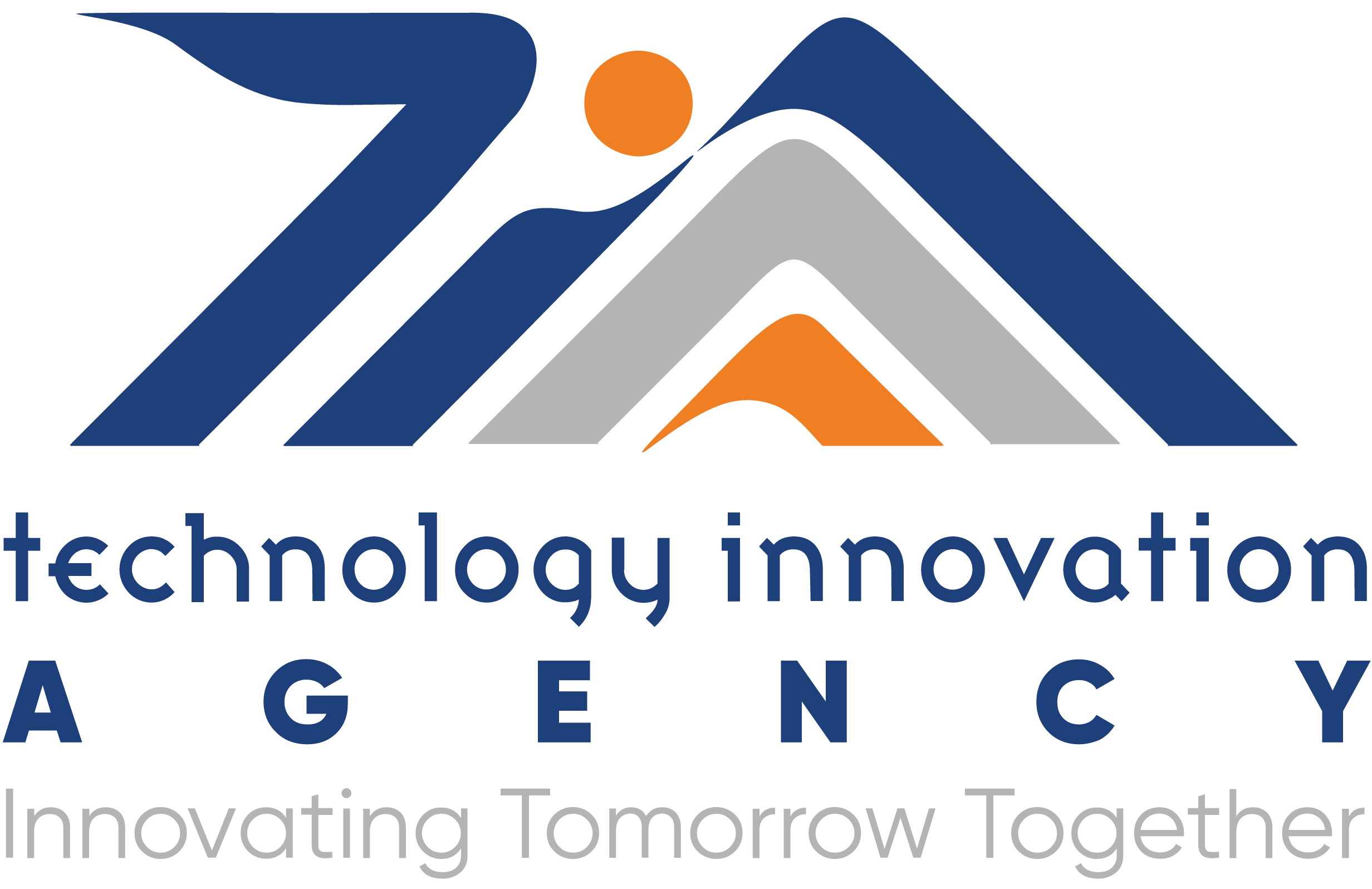

Translates scientific discoveries into potentially life-saving medicines in areas such as tuberculosis
H3D, Africa’s first and only integrated drug discovery and development centre, aims to translate scientific discoveries into potentially life-saving medicines in areas such as tuberculosis, malaria, and anti-microbial resistance. The centre aims to fast track the discovery and development of new antibiotics to limit Anti-Microbial Resistance (AMR). Precision antibiotics to treat multi-resistant Gram-negative bacteria will be the focus of the newly formed J&J satellite centre at H3D.
Key Focus areas
- Disease areas: Malaria, tuberculosis (TB), antimicrobial resistance (AMR) and HIV
- AMR, TB and Malaria Biology, including target based and phenotypic screening
- ADMET (Absorption, Distribution, Metabolism, Excretion, Toxicity) and DMPK (drug metabolism and pharmacokinetics) assays
- Medicinal chemistry
- Process chemistry
- Computer aided drug discovery and Artificial Intelligence/Machine Learning
Key Projects
H3D Capacity Building
The H3D Capacity Building platform has been instrumental in supporting other institutions across the country and continent. Most notably, H3D has been a technical partner for the Grand Challenges Africa drug discovery cohort of 16 grantees from South Africa, Zimbabwe, Cameroon, Ghana, Mali, Kenya and Nigeria. H3D has supported these projects by providing access to the TIA funded technology platforms by testing samples in the various assays (biology screening and ADMET assays) offered by the platform. This has enabled clients to enrich their data and progress their projects from basic research to more translational research with the aim of building the drug discovery knowledge and capabilities on the continent. Furthermore, the centre has recently partnered with University of Limpopo and University of Venda to support the establishment of TB drug discovery capacity within these institutions.
H3D Johnson & Johnson Satellite
H3D is one of three Johnson & Johnson satellite Centres for Global Health Discovery. The first J&J satellite centre is hosted at the London School of Hygiene & Tropical Medicine and H3D is the second satellite centre. The aim is for H3D to develop precision antibiotics to treat multi-resistant Gram-negative bacteria. Gram-negative bacteria cause infections such as pneumonia, bloodstream infections, wound or surgical site infections, and meningitis.

Website: http://www.h3d.uct.ac.za/
